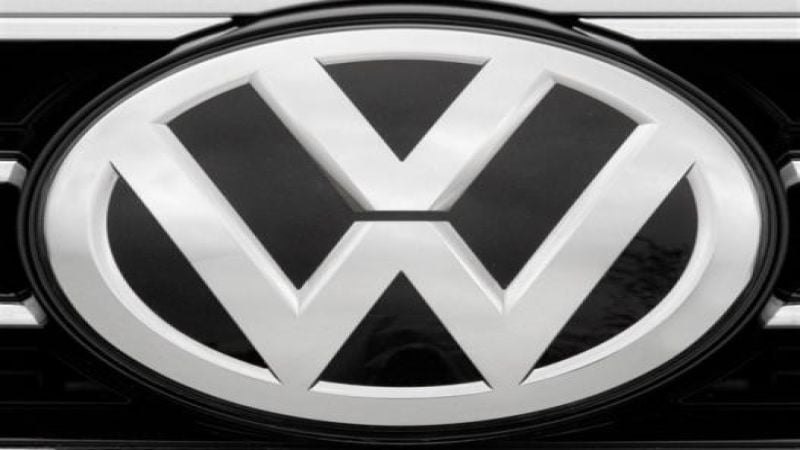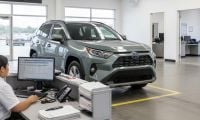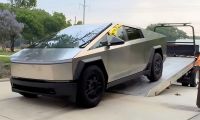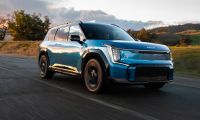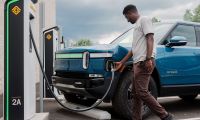After a study, the California Air Resources Board (CARB) was less-than-enthusiastic with Volkswagen’s spending plan on clean vehicle infrastructure. The regulators told the carmaker that the project VW had submitted lacked details. Specifically, CARB questioned how the plan, as provided, would assist disadvantaged communities, as well as how it would promote hydrogen fuel-cell technology.CARB questions VW investment strategy
CARB informed the automaker this week in a letter to VW’s Electrify America subsidiary. The letter outlined criticisms of VW’s plan. The plan is part of the deal VW cut with regulators to settle diesel emissions violations. Regulators said the plan, as written, could give VW competitive advantage over other automakers and charging station manufacturers. And, regulators said the plan, as presented, could ignore poorer communities where the state wants to push clean vehicles.
VW Set Aside Nearly $1 Billion For California Cleanup
As part of the overall settlement, VW agreed to set aside $800 million in California. The figure is part of the $2 billion national investment mandated by authorities after the carmaker was found to have installed illegal software on turbodiesel vehicles. The illegally installed subroutine showed turbodiesel cars to have passed emissions tests when they had not. Indeed, VW’s four-cylinder EA189, 2.0-liter four emitted up to 40 times the allowable limits of oxides of nitrogen (NOx).
CARB told Electrify America that its plans for the first $200 million, a 30-month portion of the spending plan had shortcomings.
CARB asked VW to provide an outline of how it would meet a requirement to spend funds in disadvantaged communities, including installing charging stations.
CARB “recommends that Electrify America make every attempt to attain investment of 35 percent of the first 30-month investment cycle in these communities,” the agency indicated in the letter to VW. Further, CARB asked VW to outline plans for possible hydrogen vehicles over the 10-year investment cycle which forms one of the bases of the settlement. California’s zero-emissions vehicle program focuses on not only battery-driven vehicles but also on fuel-cell cars.
In a statement, Electrify America emphasized its commitment to carry out the court-approved $2 billion investment plan in agreement with the Environmental Protection Agency (EPA) and CARB mandates. Electrify America was also studying the CARB letter. VW investment program may have hidden benefits
Critics Want Investment In Disadvantaged Areas
ChargePoint, a manufacturer of charging stations, strongly supported regulators’ efforts to have VW focus on disadvantaged communities. And, they wanted to be sure that VW’s investment plans complemented other ongoing investments.
ChargePoint was also emphasizing its commitment to the objections it had raised before the court. ChargePoint, a leading settlement critic, objected to VW’s charging station siting. VW’s plans called for putting a high proportion of its charging stations in areas where there were already large percentages of electrical vehicles. This might have given VW unfair competitive advantage which might give VW competitive advantages.
Original Plan Would Have Spent $120 Million On Station Coverage
In its initial California spending outline, VW sought to pay $120 million for charging station coverage on 400 highway and community charging sites by 2019. The sites were often in high-traffic areas.
Environmental advocates have pressed CARB to look more closely at cleaning up pollution in less affluent areas.
Source: Reuters, Automotive News
Set as google preferred source


